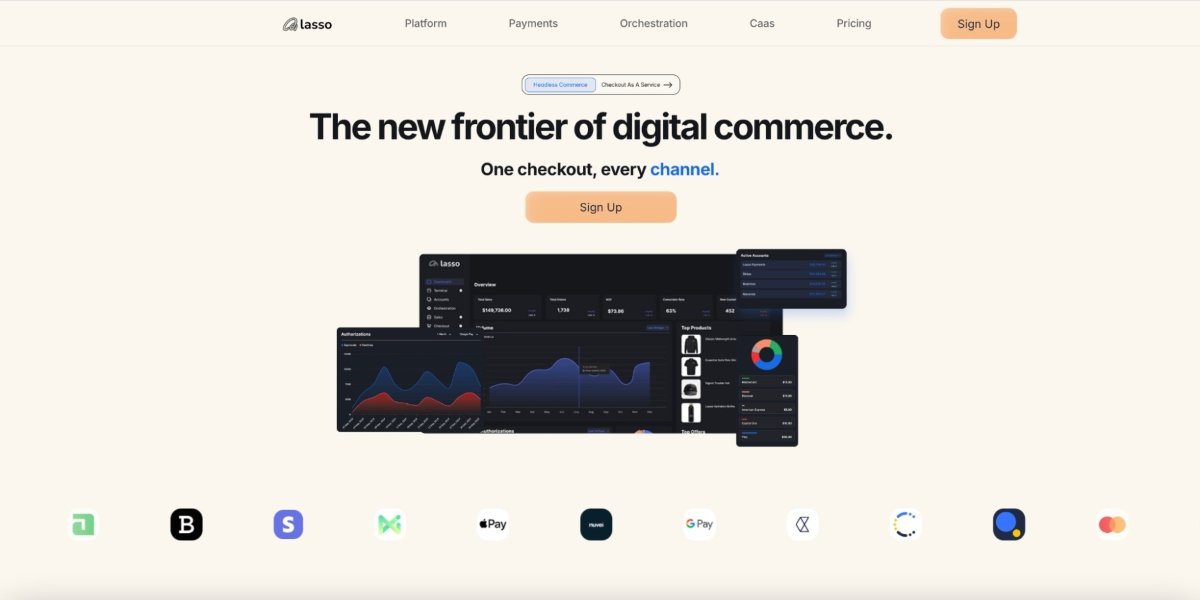Image Commercially Licensed from: DepositPhotos
Introduction to the Technology Revolution
In the rapidly evolving world of factoring, technology has become a critical catalyst for change. The advent of technology, commonly known as FinTech in the factoring sector, is reshaping how factoring companies offer their services. Seasoned professionals like Larry Weltman from Toronto, Canada, have witnessed this transformation firsthand, recognizing its profound impact on both businesses and consumers.
The Digitalization of Banking
One of the most visible changes is the digitalization of banking services. Traditional brick-and-mortar banks are increasingly shifting towards online platforms, offering customers the convenience of managing their accounts, transferring money, and applying for loans without ever needing to visit a physical branch. This shift isn’t just about convenience; it’s about efficiency and accessibility. Digital platforms enable banks to serve a broader customer base more effectively, reducing operational costs and passing these savings onto the customer.
Mobile Banking and Payment Solutions
Mobile technology has been a significant driver in the Tech revolution. Banking apps and mobile payment solutions have become ubiquitous, allowing customers to check their balances, pay bills, and even deposit checks using their smartphones. This ease of access has dramatically improved the banking experience for millions of people worldwide. Additionally, mobile payment systems like Apple Pay and Google Wallet are making physical credit cards and cash increasingly redundant.
Easy Payment Options for Factoring Operators
Professionals like Larry Weltman recognize the transformative potential changes in the industry in streamlining and securing payments.
The Role of Artificial Intelligence and Machine Learning
Artificial Intelligence (AI) and Machine Learning (ML) have the potential to play increasingly significant roles. From algorithmic analysis to personalized customizations, AI and ML are enabling more sophisticated, efficient, and accurate services.
Challenges and Risks in FinTech
While FinTech brings numerous advantages, it also presents challenges and risks. Ensuring security and privacy is paramount in maintaining consumer trust. Additionally, as the industry evolves, there is a need for robust regulatory frameworks to manage these new technologies and protect consumers from potential risks.
The Future of FinTech and Its Impact on the Economy
Looking forward, the impact of FinTech on the global economy is poised to be profound. Innovations in technology have the potential to increase efficiency, reduce costs, and make services more accessible to customers. Professionals like Larry Weltman are optimistic about these developments, viewing them as opportunities for growth and innovation.
Conclusion: Embracing the Tech Revolution
Banking and investments offer exciting opportunities and challenges. As technologies like AI continue to evolve, they promise to create more inclusive, efficient, and secure systems. For factoring service providers and clients alike, understanding and embracing these changes is key to navigating the future. In the words of Larry Weltman, “The future is technology, and the journey there is one we’re all part of.”
Published by: Nelly Chavez










